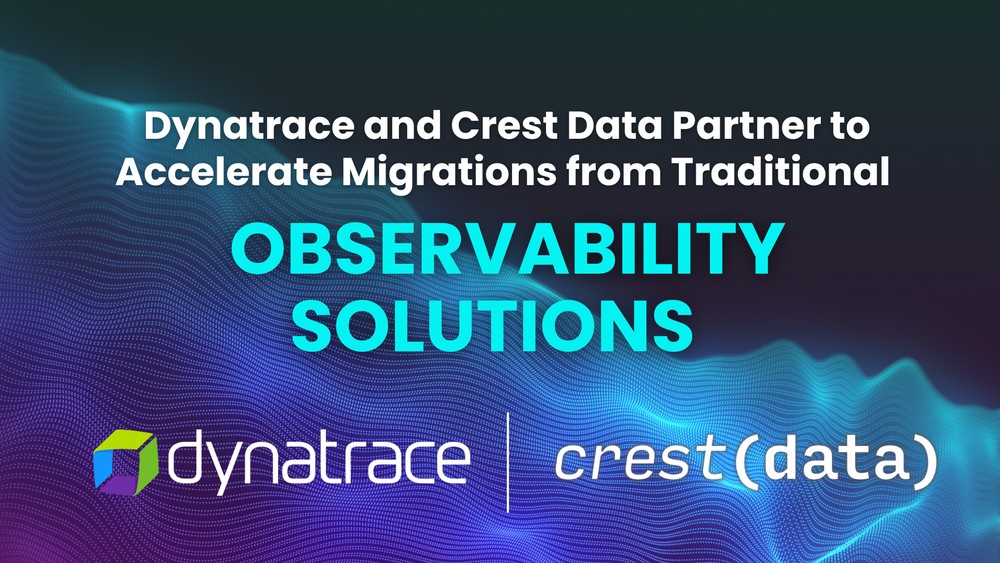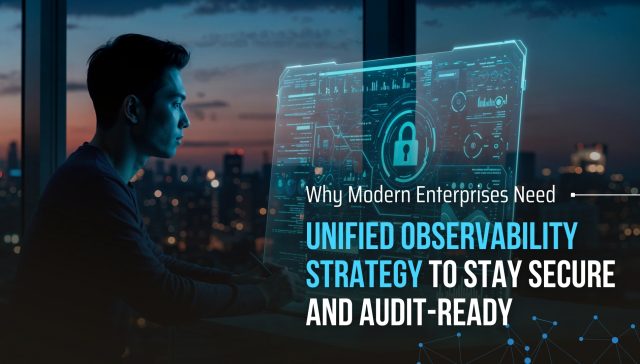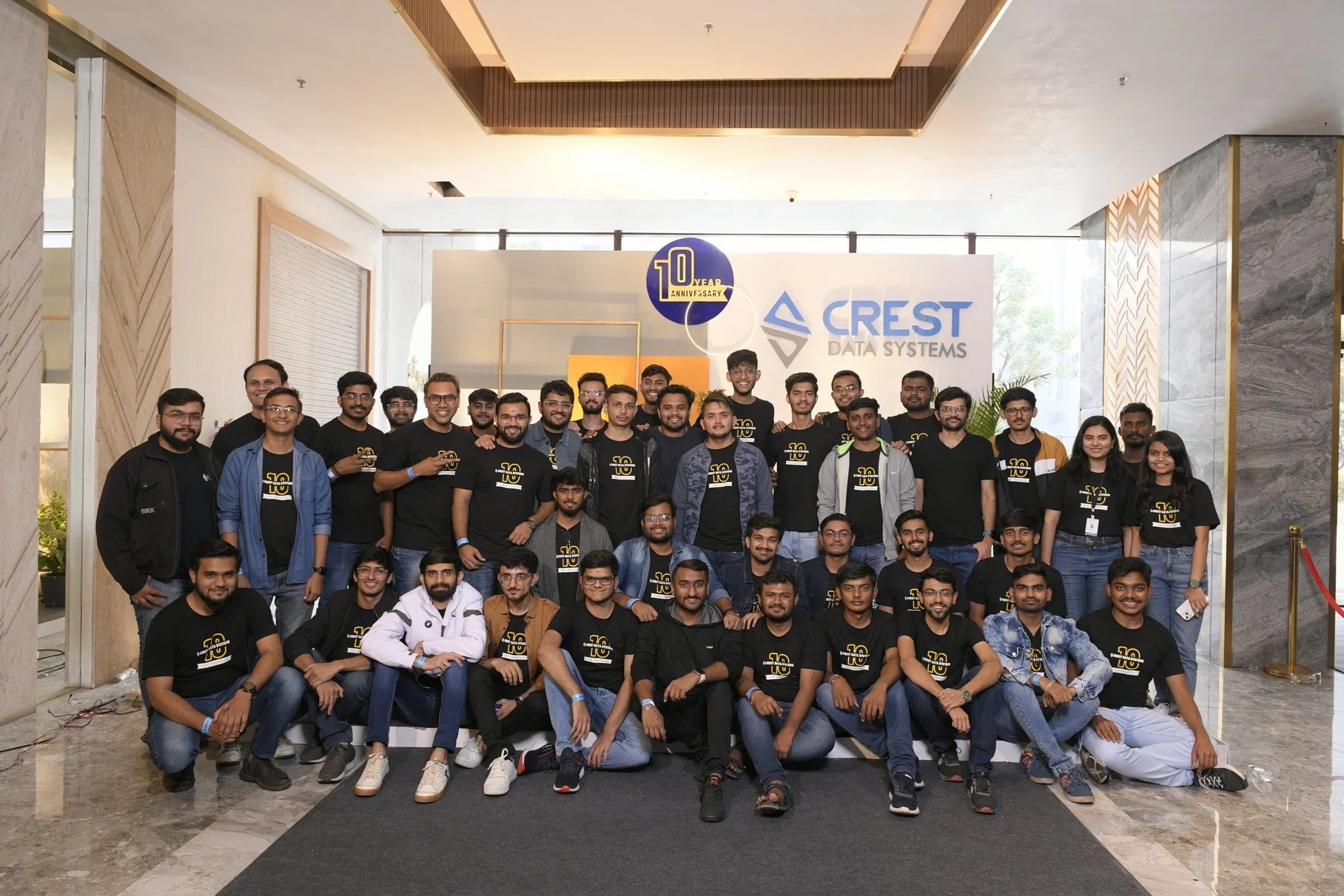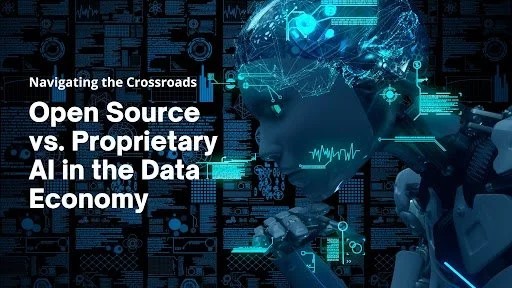AI Agents: Transforming Enterprise Operations
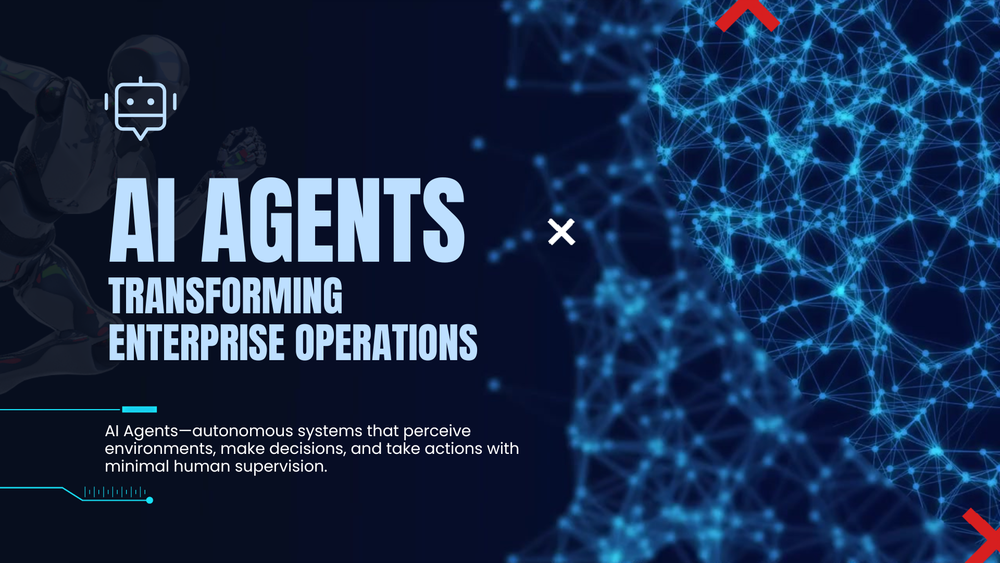
The evolution of Artificial Intelligence (AI) has reached a pivotal moment with the emergence of AI Agents
autonomous systems that perceive environments, make decisions, and take actions with minimal human supervision.
As organizations seek to capitalize on these advancements, understanding the core principles and implementation strategies becomes essential for successful deployment.
The cost efficiency, effectiveness and enhanced value delivered by the Dynatrace Observability platform, combined with the migration solution, developed by Crest Data, allow customers to simplify the transition from traditional observability solutions. Together, Dynatrace and Crest Data are delivering future-ready migrations that meet the demands of modern enterprises.
“Our collaboration with Dynatrace is focused on delivering a seamless, automated migration experience for customers moving to the Dynatrace platform”
“By combining our domain expertise with Dynatrace observability capabilities, we’re helping organizations modernize faster and more efficiently, with minimal disruption to their operations.”
Key benefits of migrating to Dynatrace with support from Crest Data:
Accelerated Migration: Purpose-built tools enable faster, easier migration of dashboards and alerts to Dynatrace.
Enterprise-Scale Observability: Dynatrace Grail natively supports high-volume data ingestion and querying, enabling visibility across complex, distributed environments.
Intelligent AI Automation: Davis AI, a core component of the Dynatrace platform, delivers real-time, automated insights that reduce manual effort and accelerate issue resolution.
Future-Proof Flexibility: The partnership is designed to support evolving customer needs, with plans underway to expand migration capabilities beyond dashboards and alerts.
Unified Observability: Dynatrace provides real-time insights across logs, metrics, traces, and events, streamlining operations and reducing complexity, all available to customers upon migration.
“As enterprises accelerate their shift away from traditional log management tools, they need a migration path that’s fast, scalable, and ready for the future”
“This collaboration allows us to help customers gain actionable insights so they can streamline operations at a scale. No other platform delivers full-stack observability like Dynatrace, and this partnership is a major step forward in helping customers modernize with confidence.”
“Transitioning from legacy log management solutions was a significant hurdle for our team”
“Dynatrace provided a streamlined, scalable approach that simplified our operations. With Grail and Davis AI, we’ve unlocked real-time insights and reduced complexity across our environment. This shift has been transformative for our observability strategy.”
The Dynatrace and Crest Data migration solution is available now. Customers interested in migrating from traditional log platforms can contact Dynatrace or Crest Data for more information.
About Crest Data
Crest Data provides a differentiated high-quality experience by developing, migrating, and operationalizing products, solutions, and ecosystems that enables companies to perform at scale. Crest Data helps organizations modernize their observability and security posture through deep technical expertise, automation-first strategies, and strong product partnerships with companies like Dynatrace. Learn more about Crest Data at www.crestdata.ai/migrations
About Dynatrace
Dynatrace is advancing observability for today’s digital businesses, helping to transform the complexity of modern digital ecosystems into powerful business assets. By leveraging AI-powered insights, Dynatrace enables organizations to analyze, automate, and innovate faster to drive their business forward. To learn more about how Dynatrace can help your business, visit www.dynatrace.com, visit our blog and follow us on LinkedIn and X @dynatrace.
Curious to see how you can simplify your cloud and maximize the impact of your digital teams? Let us show you.Sign up for a 15-day Dynatrace trial.


